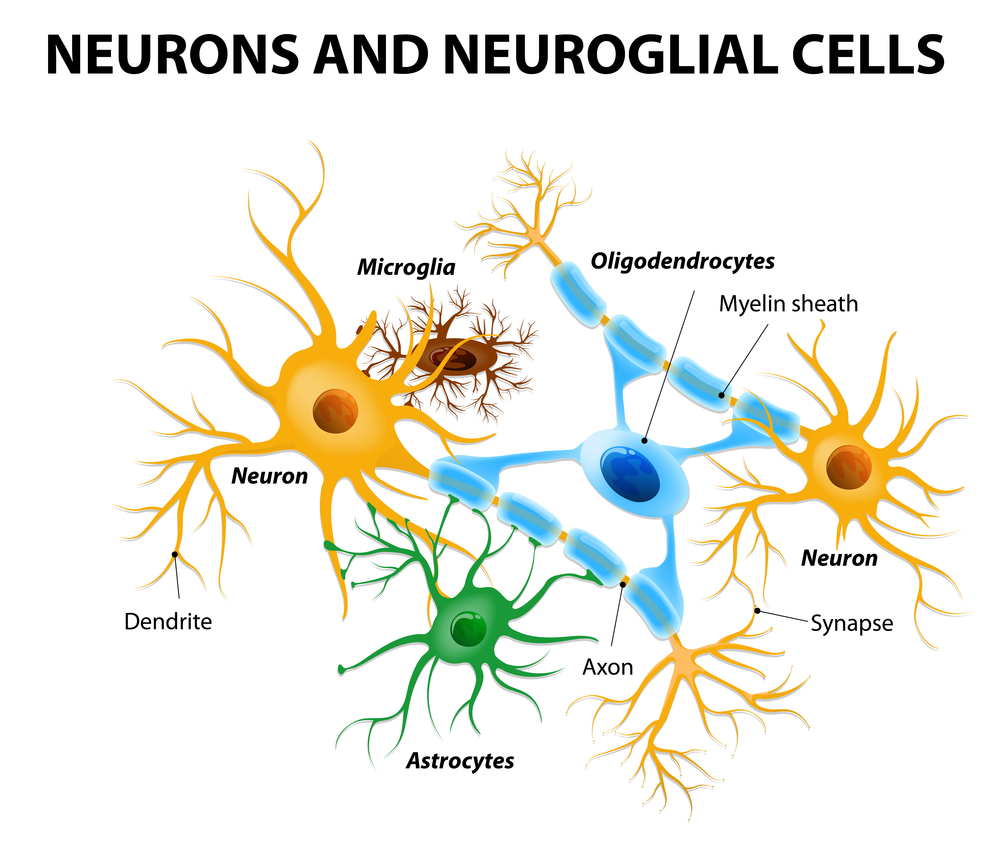Gilenya Could Help Treat SPMS by Countering Astrocytes, Study Says
Written by |

Gilenya (fingolimod) a multiple sclerosis (MS) drug developed to target the immune system and control inflammation, can also reduce the negative action of astrocytes, further controlling inflammation, says a new study.
The article, “Sphingosine 1-Phosphate Receptor Modulation Suppresses Pathogenic Astrocyte Activation and Chronic Progressive CNS Inflammation,” appeared in the journal PNAS. It brings new insight into the pathology of MS and may help in the design of novel anti-inflammatory therapies to treat the disease.
Astrocytes are brain cells usually known for their protective role toward neurons following a stroke and spinal cord injury. However, these cells can also damage neurons when in the presence of certain factors released by microglia (inflammation mediators in the brain).
Astrocytes are believed to help trigger secondary progressive multiple sclerosis (SPMS), a second stage of MS that follows relapsing-remitting multiple sclerosis (RRMS) and is characterized by neuronal loss and disease progression. Treatments for RRMS are ineffective against SPMS, and only a few existing therapies can target this form of the disease.
“One of the most important unmet clinical needs in MS is to design therapeutic approaches for the progressive phase of the disease,” Francisco Quintana, PhD, the study’s lead author and a researcher in the Ann Romney Center for Neurologic Diseases at Boston’s Brigham and Women’s Hospital, said in a news release. “And a key unanswered question related to that is, what are the biological processes that drive disease pathogenesis at this stage?”
Using a mouse model of SPMS and mouse and human astrocytes, researchers observed that Gilenya blocks the activity of a group of proteins called sphingosine-1-phosphate receptors (S1PRs), thereby suppressing inflammatory processes and neuronal death mediated by astrocytes, microglia, and other immune system cells.
Although Gilenya’s neuroprotective effect was not as strong as that reported for other drugs, the team believes its results indicate that this drug may at least improve certain aspects of SPMS.
Novartis, the maker of Gilenya, is currently carrying out a Phase 3 clinical trial (NCT01665144) that is investigating the effectiveness and safety of siponimod (BAF-312) in SPMS patients. The treatment is an experimental immune system-modulating therapy designed to be a more selective sphingosine 1-phosphate receptor modulator than Gilenya, and is reported to be showing promising results so far. The study involves more than 1,600 patients in 31 countries, and is expected to conclude in late 2020.


